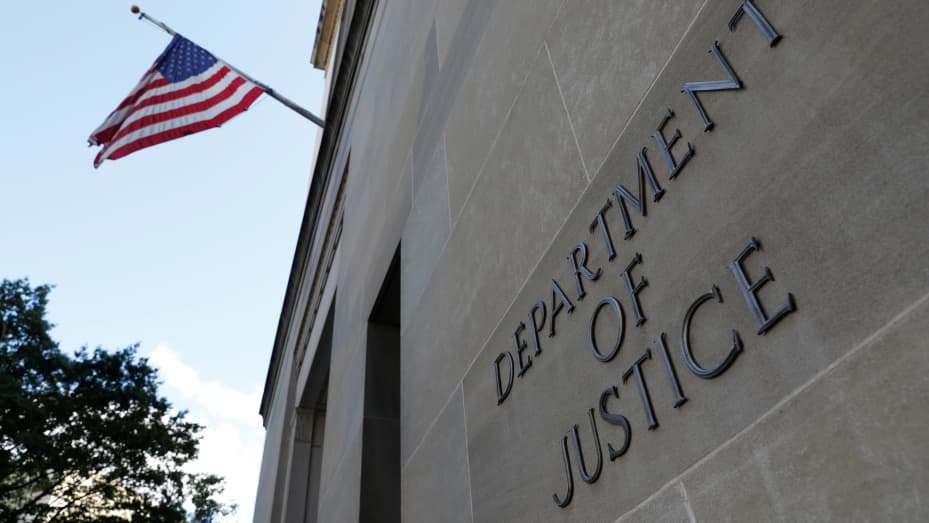The US DOJ (Department of Justice) has requested that the United States Sentencing Commission revise its guidelines to include penalties for AI-aided offenses.

The US DOJ may soon see harsher sentencing due to the use of AI to plot, commit, or cover up a plan.
The legal alert issued by the law offices of White & Case indicates that the recommendations are intended to extend beyond the confines of established guidelines. This would apply to crimes committed with AI and any crime aided or abetted by even the most basic algorithms.
According to the legal alert, the current guidelines only apply to systems classified as “sophisticated.” The new guidelines would ostensibly render AI involved in criminal activity an accessory, with the legal system penalizing the individual responsible for its application to criminal activity.
The document did not provide specific circumstances, but it raised concerns that the technology presently accessible to the public could facilitate certain criminal activities, increase their potential scope and scale, and assist offenders in evading detection and apprehension.
US DOJ enhances Penalties
The Justice Department‘s recommendations are not legally mandated to be accepted by the sentencing commission; however, its mandate requires their consideration.
The recommendations would likely be passed, making certain crimes—particularly those frequently referred to as “white collar crimes”—eligible for a sentencing enhancement if the alleged perpetrators are convicted.
Sentencing enhancements are essentially additional mitigating factors that a judge considers when determining a particular penalty’s severity. In the United States, judges are frequently permitted to exercise their judgment regarding sentencing.
For instance, a defendant who may have been sentenced to a minimum sentence would receive the minimum sentence in addition to an additional penalty due to the judge’s determination that the use of AI is an enhancing factor in the case of a crime.
Regulation of Artificial intelligence
Although the justice system is beginning to adjust to the contemporary world of AI at the individual criminal level, there is still a shortage of regulation and policy specifically targeted at AI developers and publishers.
For example, several class action and individual lawsuits have been filed against companies in the United States regarding their purported use of personal data to train AI systems without expressed consent. However, to the best of our knowledge, personal data is not presently regulated by the US government to train AI models.
Nevertheless, in the EU, many large technology companies headquartered in the United States have been subjected to many lawsuits and substantial penalties for the same data usage.
